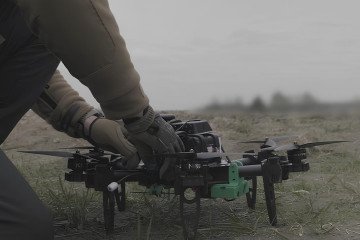- Category
- War in Ukraine
From Kursk Submarine to Kursk Incursion, Putin's Leadership Sinks Again—24 Years Later
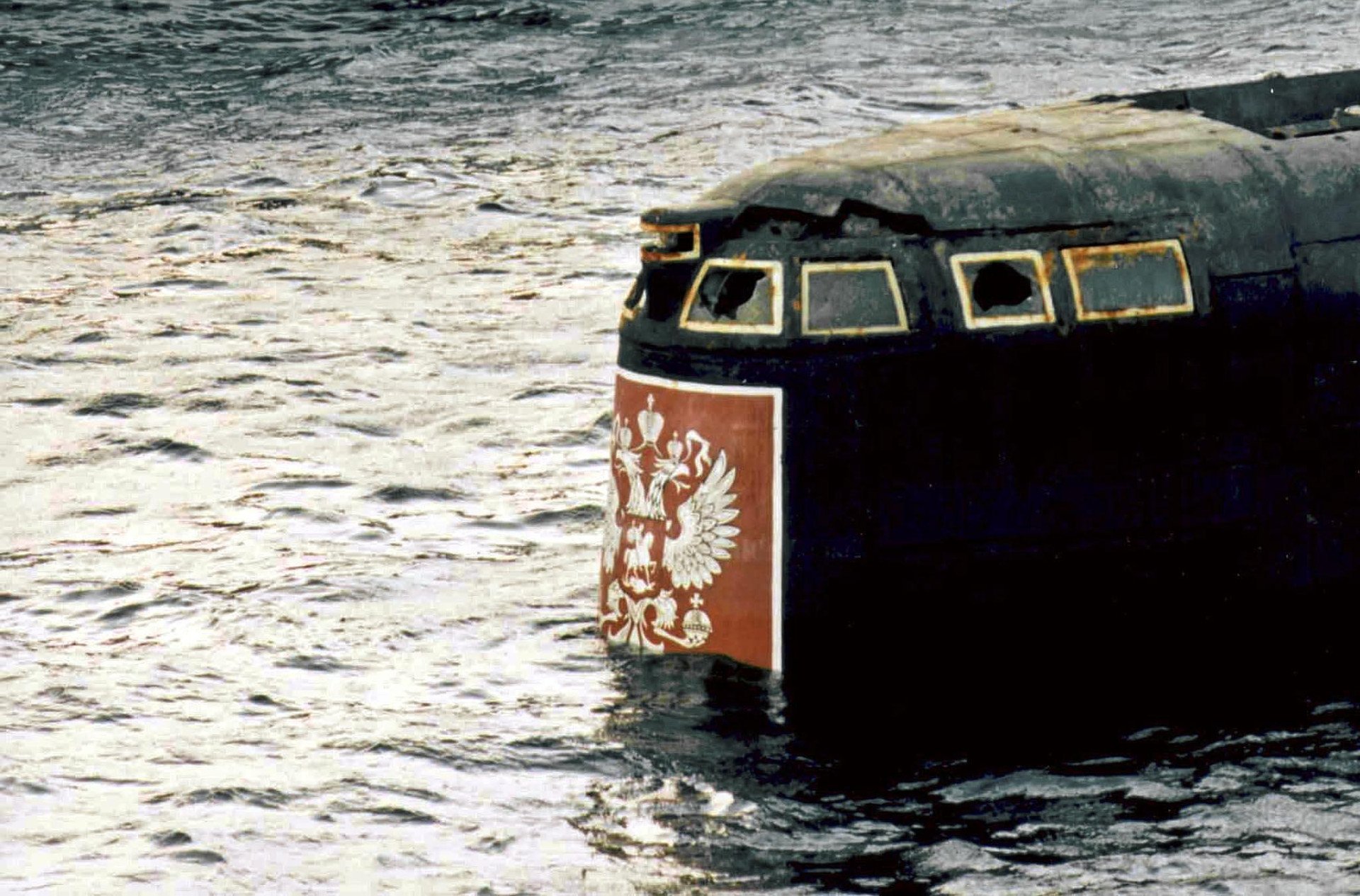
On August 12, 2024, the President of Ukraine, for the first time, directly stated that Ukraine was conducting an operation in Russia’s Kursk region. This date draws a parallel to a tragic event that unfolded 24 years earlier: the Kursk submarine disaster, which serves as a reminder of the crisis that marked the early days of Putin's presidency and the trajectory of his leadership.
“We see how Russia really moves in the times of Putin: 24 years ago, there was the Kursk disaster—the symbolic beginning of his rule,” Zelenskyy said in his evening address.
“And now we can see what the end for him is. And it is also Kursk.”
What happened
The year is 2000, Sydney welcomes the Summer Olympics, mobile phones are on the rise, and the newly elected Vladimir Putin remains on vacation in Sochi, while the Russian Kursk submarine lies at the bottom of the sea with its whole crew trapped inside. For days, the new Russian president remained conspicuously absent from the public eye, offering no clear communication or direction.
The Kursk nuclear-powered submarine participated in a large-scale naval exercise in the Barents Sea inside the Arctic Circle on August 12, 2000. The exercise was meant to showcase the strength of the Russian Navy, with the submarine set to first launch a missile with a dummy warhead, followed by a torpedo strike on a simulated enemy. During the torpedo test launch, a massive explosion occurred on board that eventually led to the deaths of all 118 crew members.
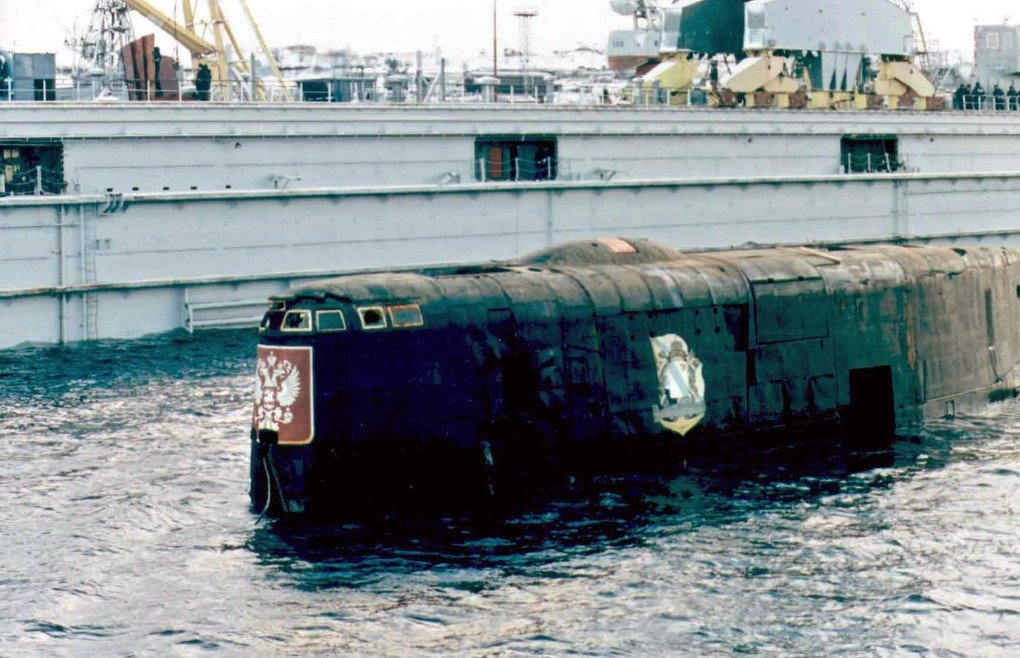
The official Russian inquiry later concluded that a torpedo explosion likely caused the disaster. The Russians admitted that the liquid fuel used in their missiles was known to be unstable under certain conditions. The blast was so powerful that it registered on seismic sensors as far away as Alaska. This initial blast triggered a second, even more devastating explosion, which ripped through the vessel and sent it plunging to the seafloor at about 108 meters (354 feet). The explosion also caused severe flooding in the forward compartments, killing most of the crew instantly. The 23 known survivors gathered in the ninth compartment.
The Russian Navy’s rescue efforts were slow and ineffective; they failed to establish radio communication and could not reach the crew. Repeated unsuccessful attempts by mini-submarines to open the hatch cost valuable time. Rescuers faced icy waters, harsh weather, and poor visibility, but their delayed arrival remains one of the biggest failures. Only days later did they accept foreign assistance, which was too late. Given that the Kursk sank at a relatively shallow depth, a faster response might have saved at least some of the crew. The remaining crew members died of carbon monoxide poisoning as the vessel’s oxygen ran out. Russian and Norwegian divers recovered four of their bodies a month and a half after the incident. Ultimately, no one survived the disaster.
Putin’s mishandling of the crisis
"What happened with the submarine?" TV anchor Larry King asked Putin during a New York interview in September 2000.
"It sank," was the reply, followed by a smirk.
Putin’s handling of the Kursk disaster sparked widespread criticism both in Russia and internationally. His decision to remain on vacation for several days while the crisis unfolded led to public outrage. When he finally addressed the nation, saying, “Unfortunately, sometimes it is not us, but the events that dictate the course of the situation,” his words rang hollow. Nine days passed before he visited the rescue site.
The press also criticized the Russian military's management of the rescue operation. For instance, the Navy did not report the accident involving the Kursk until two days later. The initial information was contradictory: first, the Navy claimed that contact had been established with the submarine, only to later contradict this by stating that the sole communication with the crew was through “tapping.” In the aftermath of the crisis, as the government sought to explain its failure to mount a rapid rescue operation, officials said the noises were probably just rumblings of collapsing machinery and water flooding into the hull, wrote The Irish Times.
Criticism was also directed at the delay in accepting foreign assistance. The British and Norwegian navies offered assistance, but Russia initially refused all help. By the time Norway and the UK were allowed to join the rescue efforts, any hope of finding survivors had vanished. Putin's reluctance to accept foreign help, which could have arrived much sooner, reinforced the perception of a leader more concerned with preserving state secrets than saving lives.
Secrecy and control
A 2015 Levada Center survey found that the number of Russians who believed the authorities mishandled the situation had more than halved, a change attributed to the lack of official coverage. Putin has since ensured that this event, and its aftermath, quietly slip from public consciousness.
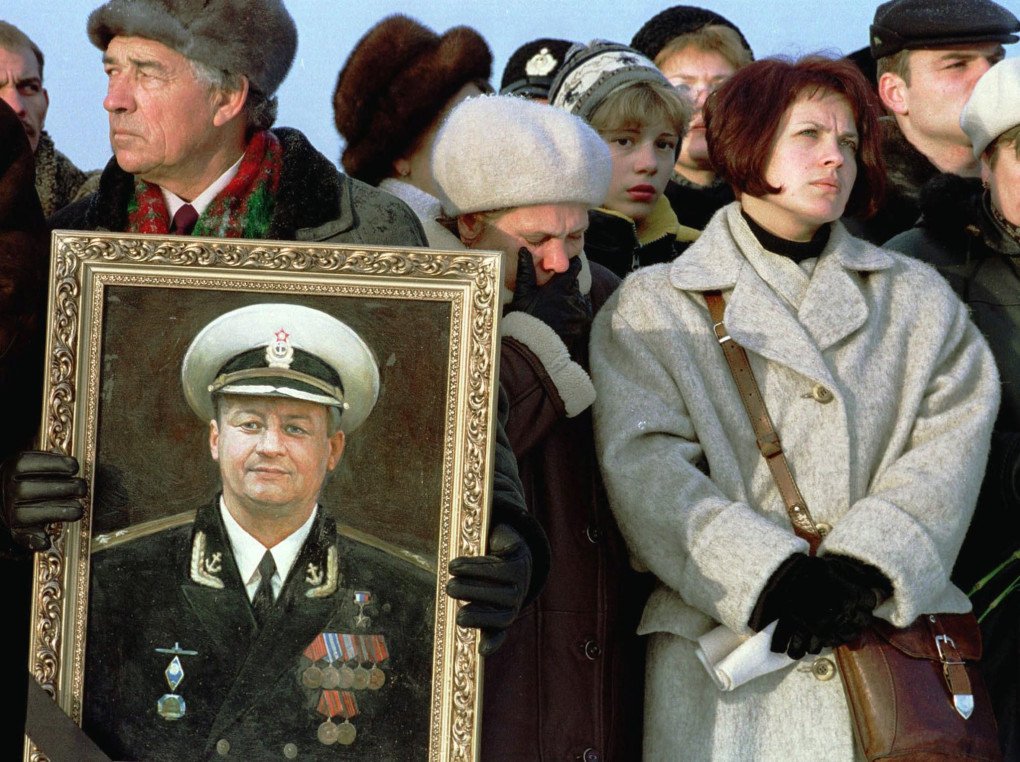
“Silence about this catastrophe has led to a situation where a very large proportion of people has simply forgotten about it,” said Levada’s Director Lev Gudkov in an interview with Radio Free Europe/Radio Liberty.
“Censorship in the media has blocked information about it, and only on social networks has discussion continued.”
Boris Kuznetsov, the lawyer representing the relatives of the 55 deceased sailors, appeared in the Strasbourg court and wrote “It Sank. The truth about ‘Kursk’ concealed by Prosecutor General Ustinov.” He harshly criticized the Russian authorities’ actions following the disaster.
"The lies began with the sinking of the Kursk," he said.
"When the Kursk sank, the government began interfering with the legal and law-enforcement systems. The government began gathering all the mass media under its control. The entire process of undermining democracy in Russia, in many regards, began with this."
The declassified Clinton Digital Library transcripts made public a conversation between former U.S. President Bill Clinton and Vladimir Putin in September 2000.
“Strange as it seems, the polls afterward actually reveal that the incident didn’t affect my standing,” said Putin.
“But my great fear is that something like this could recur.”
Commenting on the media outrage, he added, “We tried to apply the brakes to all this furor, but some people are strange, and they just kept feeding it. That’s just a fact of life.”
Even the normally supportive Nezavisimaya Gazeta paper said Putin’s first year in power had been "generously soaked in the blood of Russians," The Guardian wrote.

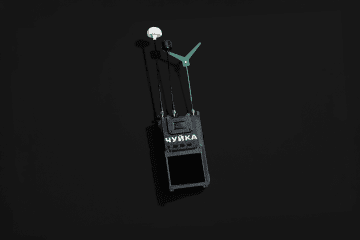
-554f0711f15a880af68b2550a739eee4.jpg)
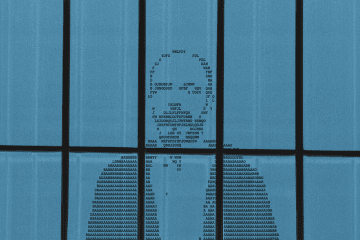
-f88628fa403b11af0b72ec7b062ce954.jpeg)
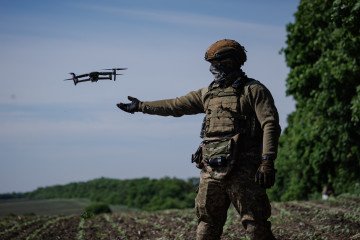
-29a1a43aba23f9bb779a1ac8b98d2121.jpeg)
